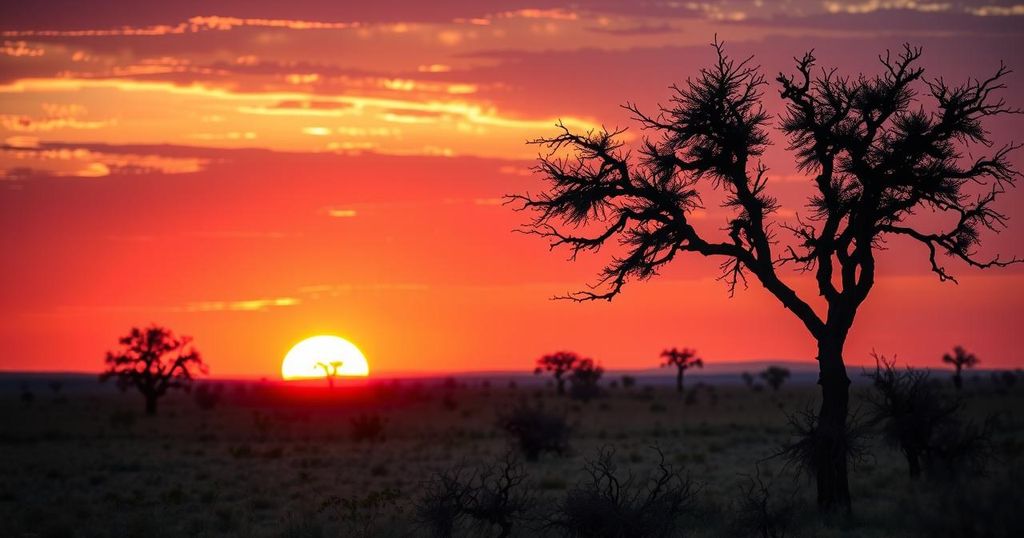Botswana has experienced a pivotal political change as opposition leader Duma Boko won the general elections, marking the end of a 58-year rule by the Botswana Democratic Party. President Mokgweetsi Masisi conceded defeat, citing a significant loss, while voters expressed a desire for change amidst economic challenges affecting the diamond industry. This transition also reflects broader trends of altering political landscapes in Southern Africa.
Botswana has experienced a significant political shift following the recent general elections, where the incumbent President Mokgweetsi Masisi conceded defeat against opposition leader Duma Boko. This historic transition ends the ruling Botswana Democratic Party’s 58-year reign, which began post-independence from Britain in 1966. Chief Justice Terence Rannowane confirmed that the opposition has secured a majority of parliamentary seats, paving the way for Boko to assume the presidency.
In a press conference, President Masisi acknowledged his party’s poor performance, admitting to a substantial loss and expressing his commitment to a smooth transition. He emphasized respect for the democratic process, stating, “I concede the election… I will respectfully step aside and participate in a smooth transition process.”
The political landscape in Botswana is set to change dramatically, as the nation has been governed exclusively by the Botswana Democratic Party since independence. The country boasts a population of 2.5 million and is recognized for its significant diamond production, being the world’s second-largest producer.
Despite Botswana’s political stability, recent economic challenges contributed to the public’s desire for change. The diamond sector, which constitutes over 80% of exports and a quarter of the GDP, has been adversely affected by declining global demand, resulting in rising unemployment rates that exceeded 27%, particularly among the youth.
Throughout the election campaign, the BDP acknowledged the need for policy reform, indicating that they could lead the nation out of its economic hardships. Masisi remarked on the decline in diamond sales since April, attributing it to issues facing the Debswana company, a partnership between the government and De Beers.
Botswana’s electoral process involves parliamentary elections that determine the composition of the legislature, which then elects the president. Historical context reveals a trend within Southern Africa, as the recent elections reflect changing political dynamics following the African National Congress’s loss of its longstanding majority in South Africa’s elections.
The recent elections in Botswana mark a transformative moment in the nation’s history, as the long-dominant Botswana Democratic Party was ousted from power after 58 years. The transition to Duma Boko’s leadership underscores a collective shift among voters yearning for change, particularly in light of economic adversities linked to the diamond industry. As it stands, Botswana anticipates a new direction in governance amid challenges needing urgent attention.
Original Source: www.ksat.com




